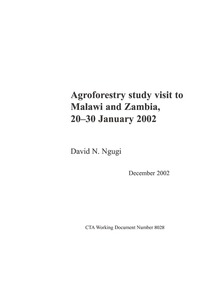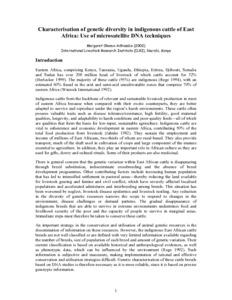Reducing conflict and improving resource management for Kenyan pastoralists
Governments and scientists have long regarded the pastoralists’ way of life as a cause of environmental degradation. This belief is rooted in a misunderstanding of the pastoralist way of life and is reflected in national policies on land tenure and resource access in Kenya.





